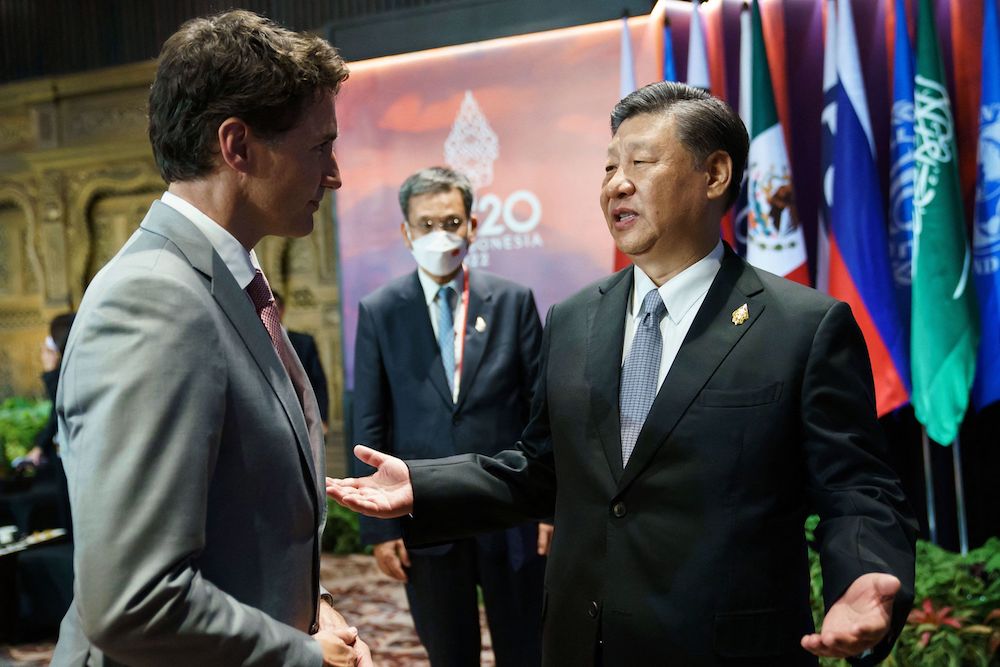By Tsering Dhundup
DHARAMSHALA, Oct. 19: The Government of Canada issued an official travel advisory, on October 10, advising caution to its citizens intending to visit Tibet and East Turkistan.
The guidelines provided highlight that travellers to Tibet must obtain a permit from the Chinese Embassy and participate in organized tours. Permits may be sporadically suspended and tourist entry denied in specific areas without prior notification. Entering restricted zones without proper permits may result in fines, detention, and deportation. Local authorities can impose curfews and travel restrictions without notice.
The guideline further stated that travellers are encouraged to secure full payment for travel upon obtaining a travel permit, recognizing that Tibet’s security situation can affect travel and related government policies at any time. In the mentioned regions, increased security measures, a stronger police presence, surveillance, dispersal of unauthorized gatherings, and restricted access to certain places of worship and cultural sites are to be anticipated.
For those who choose to travel despite the risks, the advisory suggests contacting reputable travel agencies, the Chinese Embassy, or a consulate before departure to understand entry requirements, remaining aware of their surroundings, exercising caution due to heightened scrutiny on foreigners, and following security forces’ instructions when stopped. In the event of arrest or detention, travellers should request immediate notification from the Canadian Embassy or the nearest consulate and refrain from filming or photographing unauthorized gatherings or violent incidents.
It is important to note that the Government of Canada’s ability to provide consular support in the Tibet Autonomous Region is limited, and travellers are advised to check with the Embassy of the People’s Republic of China for specific entry requirements in Tibet and other restricted areas.
The advisory further highlighted the significant restrictions faced by foreign journalists and media workers in China. These restrictions include movement controls, surveillance, public smear campaigns, delays or refusals of press cards and visas, intimidation, and harassment. Foreign journalists have been arrested for national security violations, particularly when reporting on topics sensitive to the government and in regions like Tibet or Xinjiang.
Regarding the East Turkistan, the guidelines stated that local authorities have implemented invasive security measures, leading to the detention of ethnic and Muslim minorities without due process. Reports of extrajudicial internment and forced labour camps have emerged, with family members of Canadian citizens with Chinese citizenship being detained. Travellers with familial or ethnic ties to Xinjiang are at risk of arbitrary detention.
Travellers to East Turkistan (Ch. Xinjiang) are advised to avoid gatherings and demonstrations, carry identification at all times, expect a heightened security presence, frequent security checks, and significant travel delays, and follow the instructions of local authorities. The region’s situation is described as tense, with difficulties in obtaining accurate information and authorities imposing curfews and restrictions on short notice.










